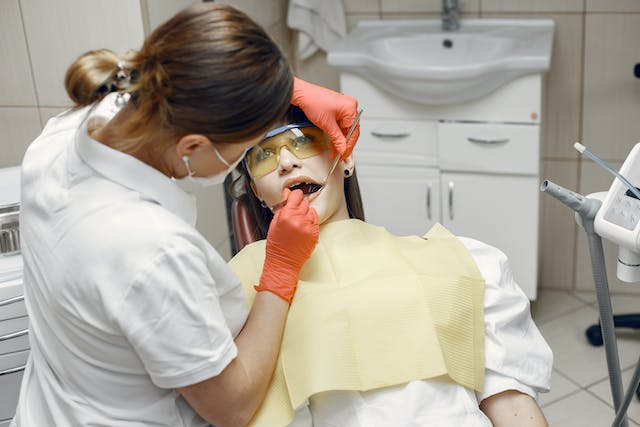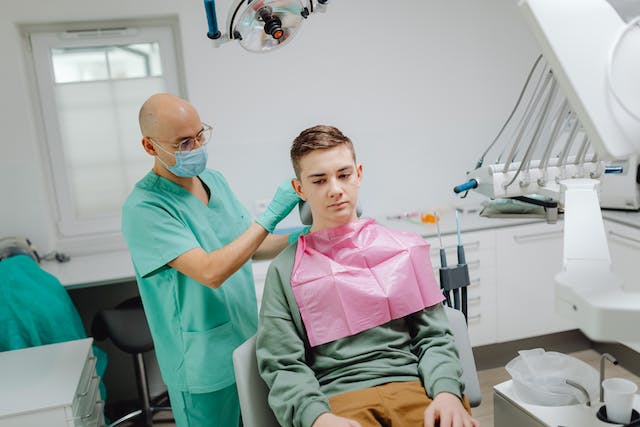Emergency dental care is crucial when sudden and unexpected dental issues arise, requiring immediate attention to alleviate pain, prevent complications, and preserve oral health. These emergencies can range from severe toothaches to knocked-out teeth, fractured teeth, and issues with lost fillings or crowns. Knowing how to respond in such situations can make a significant difference in the outcome of dental emergencies.
Common Dental Emergencies
One of the most common dental emergencies is a severe toothache. This intense pain often indicates an underlying issue such as dental decay, abscess, or a cracked tooth. Immediate steps include rinsing the mouth with warm water to clean the affected area and using dental floss to remove any debris that may be causing discomfort. Over-the-counter pain relievers can provide temporary relief until you can see a dentist.
A knocked out tooth is another serious emergency. It’s crucial to handle a knocked-out tooth cautiously, holding it by the crown (upper portion) and keeping your hands away from the root. If it’s unclean, rinse it gently with milk or saline solution; do not scrub or scrub away any associated tissue fragments. Ideally, attempt to gently reposition the tooth into its socket. If this isn’t feasible, hold the tooth between your cheek and gums or place it in milk to keep it moist until you can see the dentist. In order to save a knocked-out tooth, time is of the essence, thus getting dental care right away is essential.

Fractured or cracked teeth are also common emergencies, often caused by trauma or biting down on hard objects. These injuries can result in pain, sensitivity to temperature changes, or difficulty chewing. Immediate care involves rinsing the mouth with warm water and applying a cold compress to reduce swelling. Avoid chewing on the affected tooth and refrain from consuming hard or sticky foods until a dentist can assess the injury. Depending on the severity of the fracture, treatment may include dental bonding, crowns, or root canal therapy to restore the tooth’s function and appearance.
For issues such as lost fillings or crowns, which can expose sensitive tooth structures to air, temperature changes, and pressure, prompt dental attention is essential to prevent further damage or infection. Rinse the mouth with warm water to clean the area and cover the exposed tooth with temporary dental cement, available at most pharmacies, until you can see a dentist. Avoid chewing on the affected tooth and consume soft foods to minimize discomfort until it can be restored.

In all cases of dental emergencies, contacting your dentist immediately is crucial. Urgent dental care Cleveland offices set aside time slots specifically for emergencies to accommodate urgent cases. Dentists can provide guidance over the phone and schedule you for an emergency appointment to address the issue promptly. Delaying treatment for dental emergencies can worsen the condition, lead to complications, and require more extensive interventions later on.
Understanding the urgency of dental emergencies and knowing how to respond appropriately can help mitigate pain, preserve dental structures, and maintain optimal oral health. By seeking timely care and following the dentist’s recommendations, individuals can effectively manage dental emergencies and prevent future dental problems











